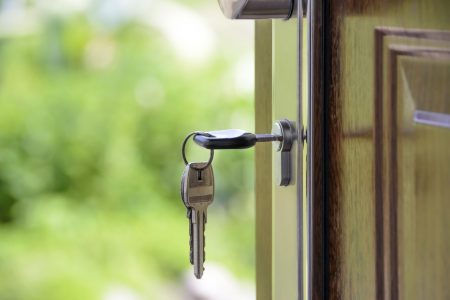New Research Says if You Don’t Own a House by 40 You Never Will - Dispatch Weekly
October 12, 2016 - Reading time: 4 minutes

New research from Swinburne University of Technology has found that if you don’t own a house by 40 years old, you never will and renting could be putting you at financial risk by retirement.
Australian Housing Security and Social Divide
The findings showed that people who rented between the ages of 45-49, alone or with a partner were likely to continue renting, becoming “highly impoverished,” by retirement.
Dr Andrea Sharam, a research fellow at the School of Arts, Social Sciences and Humanities and a co-author in the report said, “If they can’t break out of it early on, they’re going to be trapped in that cycle.”
The social gap between homeowners and renters was likely to continue with the latter group becoming vulnerable to redundancy or breakdown of marriages.
The group that struggled most were single people in private rentals.
The paper exposed how Australians were unable to save money for retirement and how if you were renting 45-49, you were likely to continue till retirement.
Expensive Housing Market

According tot the Australian Bureau of Statistics (ABS), Australia’s housing market continues to rise, amidst modest economic growth.
House prices rose by 11.4% in Australia´s eight major cities during the year to end-Q3 2015 (9.72% inflation-adjusted), up from an annual rise of 9.23% in a year earlier and the highest y-o-y increase since Q2 2010.
Among the nine developed nations covered by the 12th Annual Demographia International Housing Affordability Survey, Australia was ranked third most “severely unaffordable” major housing market in 2015.
Lifetime Renters
Almost 50 percent of renters said they would consider renting for their lifetime if housing prices continued to rise.
The number of first homebuyers has halved in the last 10 years in contrast to 85 percent of older Australians owning a home.
Social Housing and Insecurity
The research suggested that social housing should be an option for older renters who could not afford their own home:
“Social housing eligibility should be widened in order to cater for a broader range of incomes in order to prevent the loss of wealth associated with being a private renter and the potential for retirees to exhaust their resources before end of life.”
Housing insecurity and homelessness were more likely to strike older people who may be receiving lower income with rising housing costs.
Rising Rent Costs and Decrease in Earnings
An author of the paper said, “An age pensioner paying median rent on a one-bedroom flat in Melbourne in March 2015 had a post-housing income of just over 51 per cent of an age pensioner homeowner with no other assets.”
“Left with an annual after-housing income of $9635, this example renter would be severely impoverished by anyone’s definition.”
Unforeseen life events made renters susceptible to hardship if they did not have substantial savings. Even so, the increase in rent prices was likely to deplete these savings quickly, leaving them in a precarious financial situation later on.
What can be done to get people on the property ladder? Or do you think this is largely unrealistic for the majority of mid-wage earners?

DW Staff
David Lintott is the Editor-in-Chief, leading our team of talented freelance journalists. He specializes in covering culture, sport, and society. Originally from the decaying seaside town of Eastbourne, he attributes his insightful world-weariness to his roots in this unique setting.




